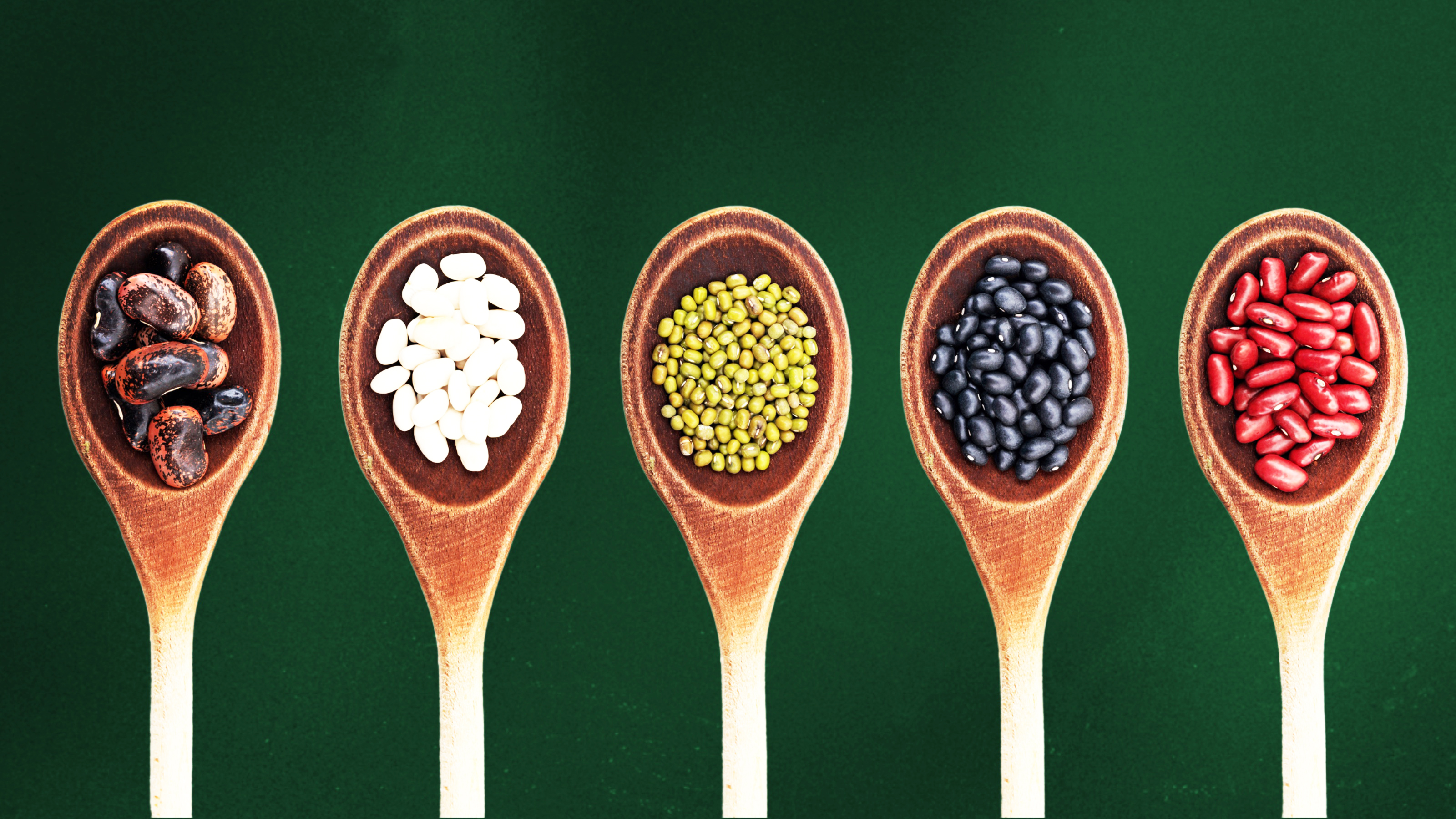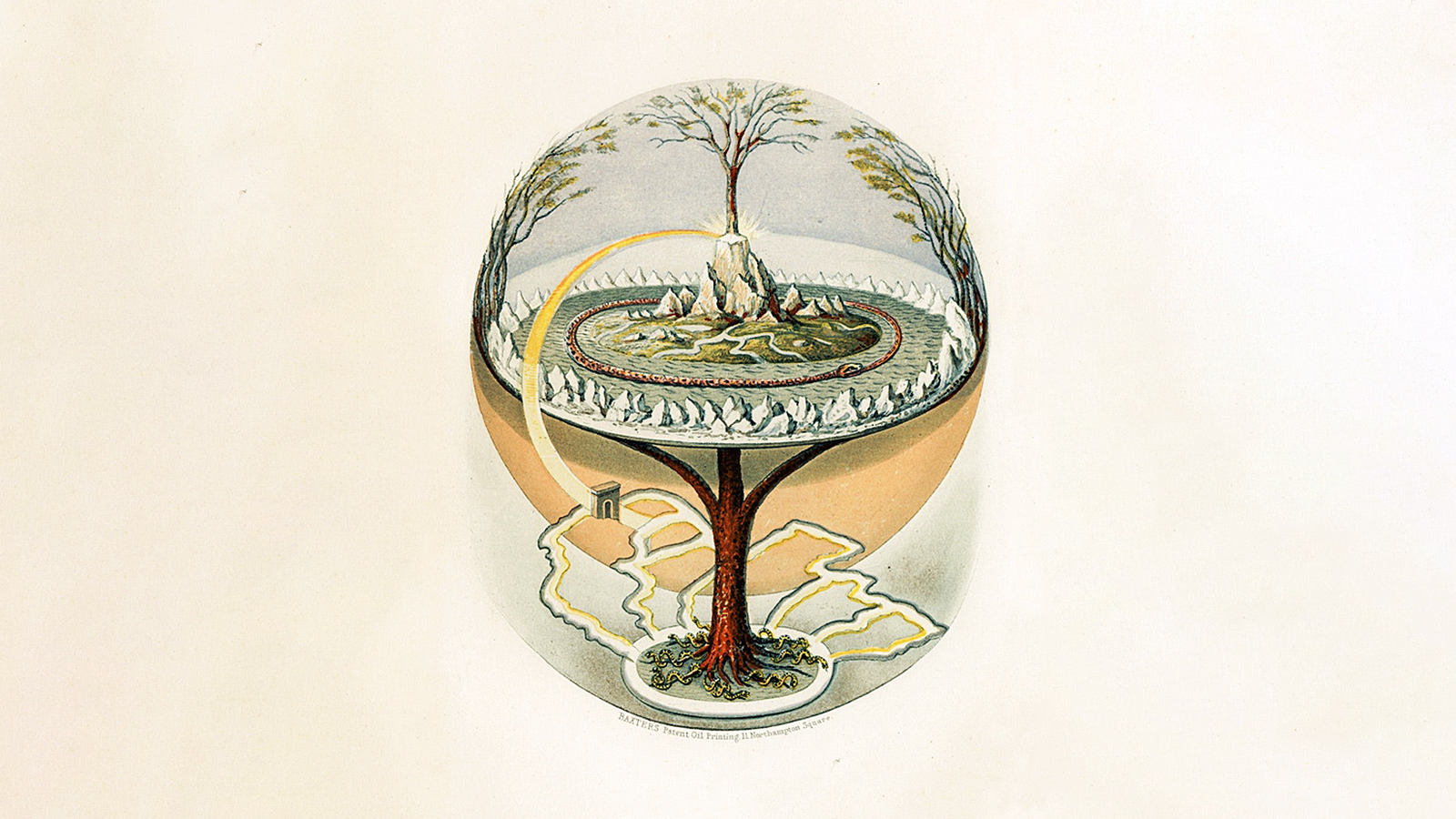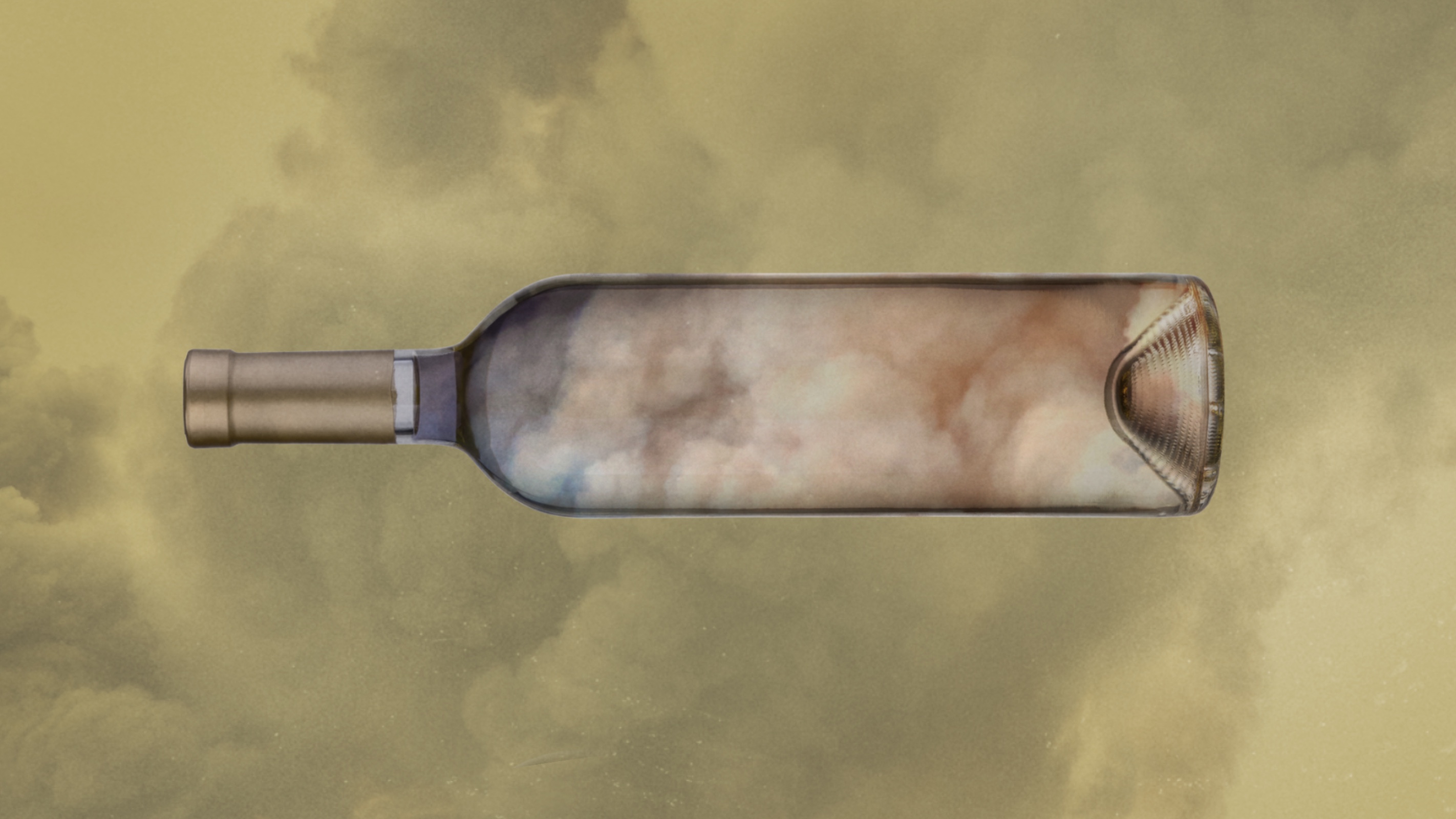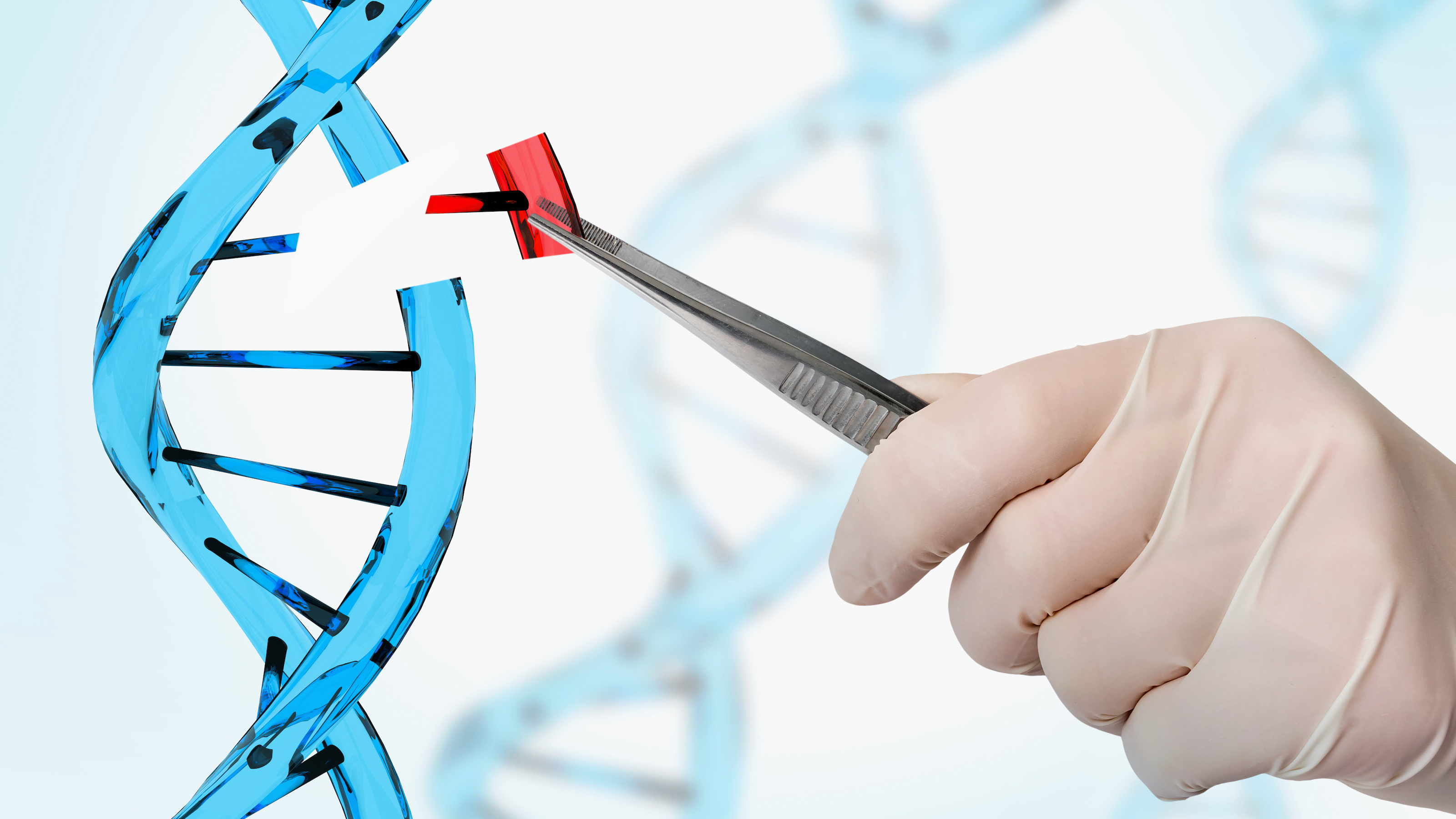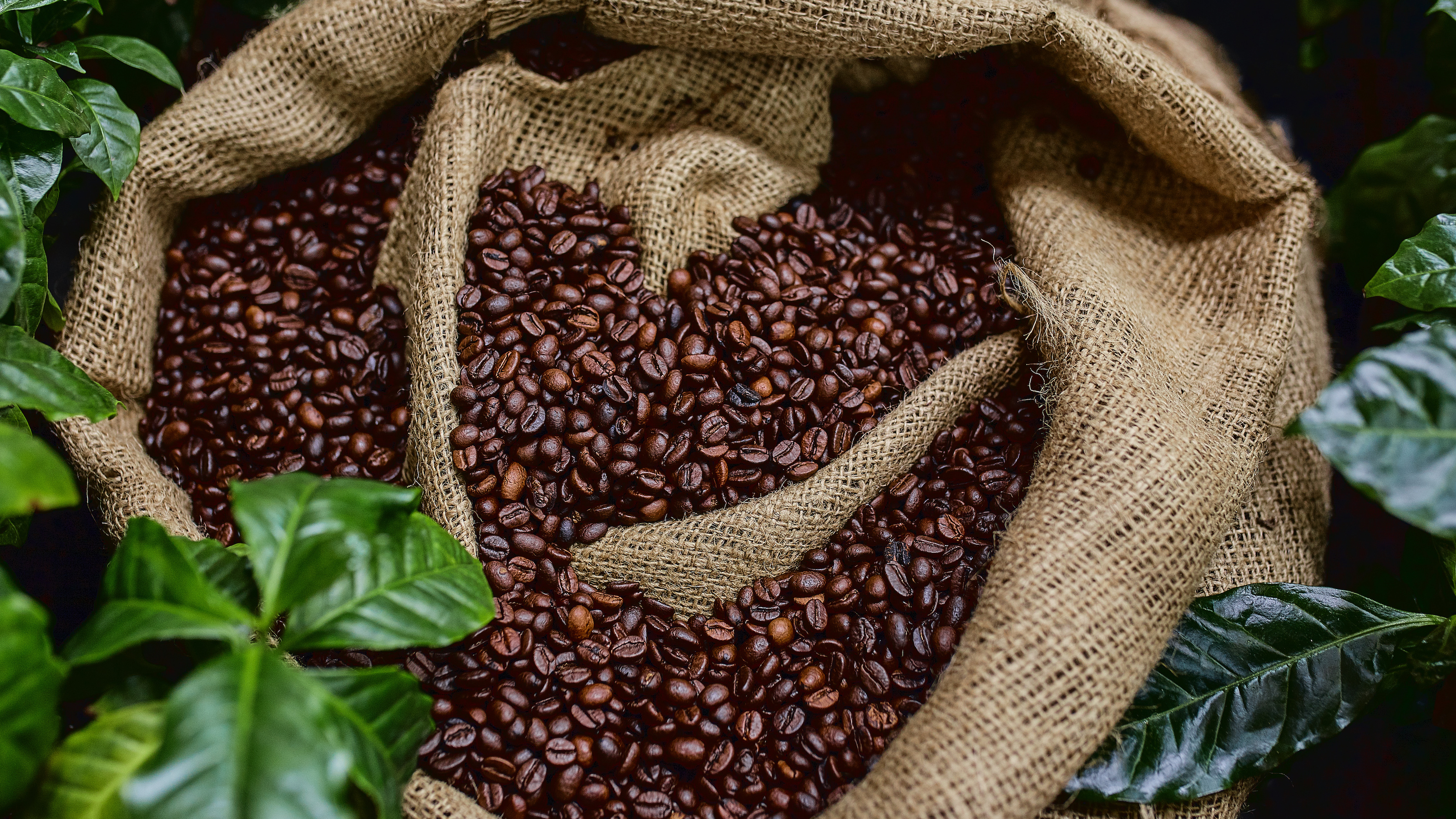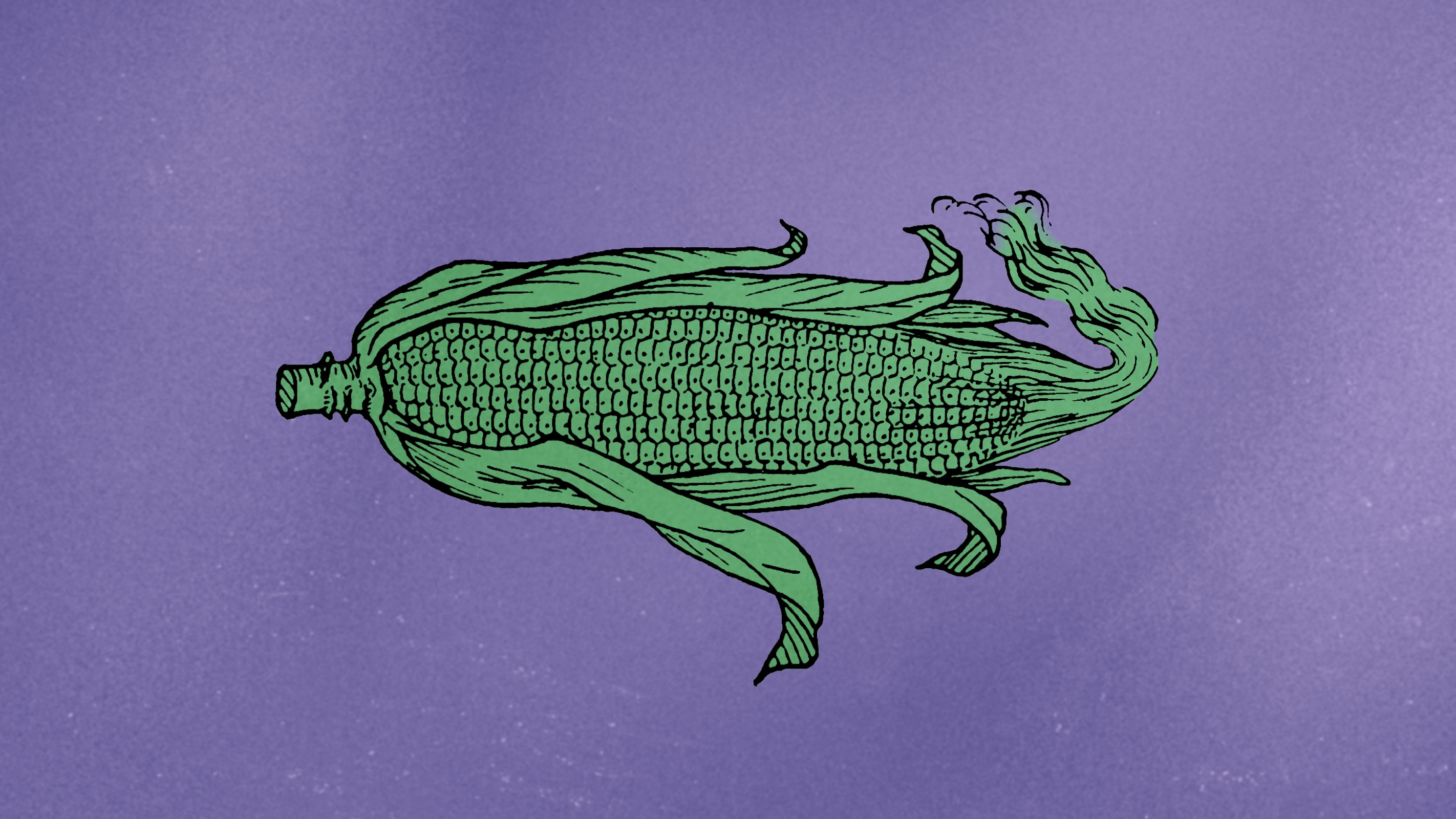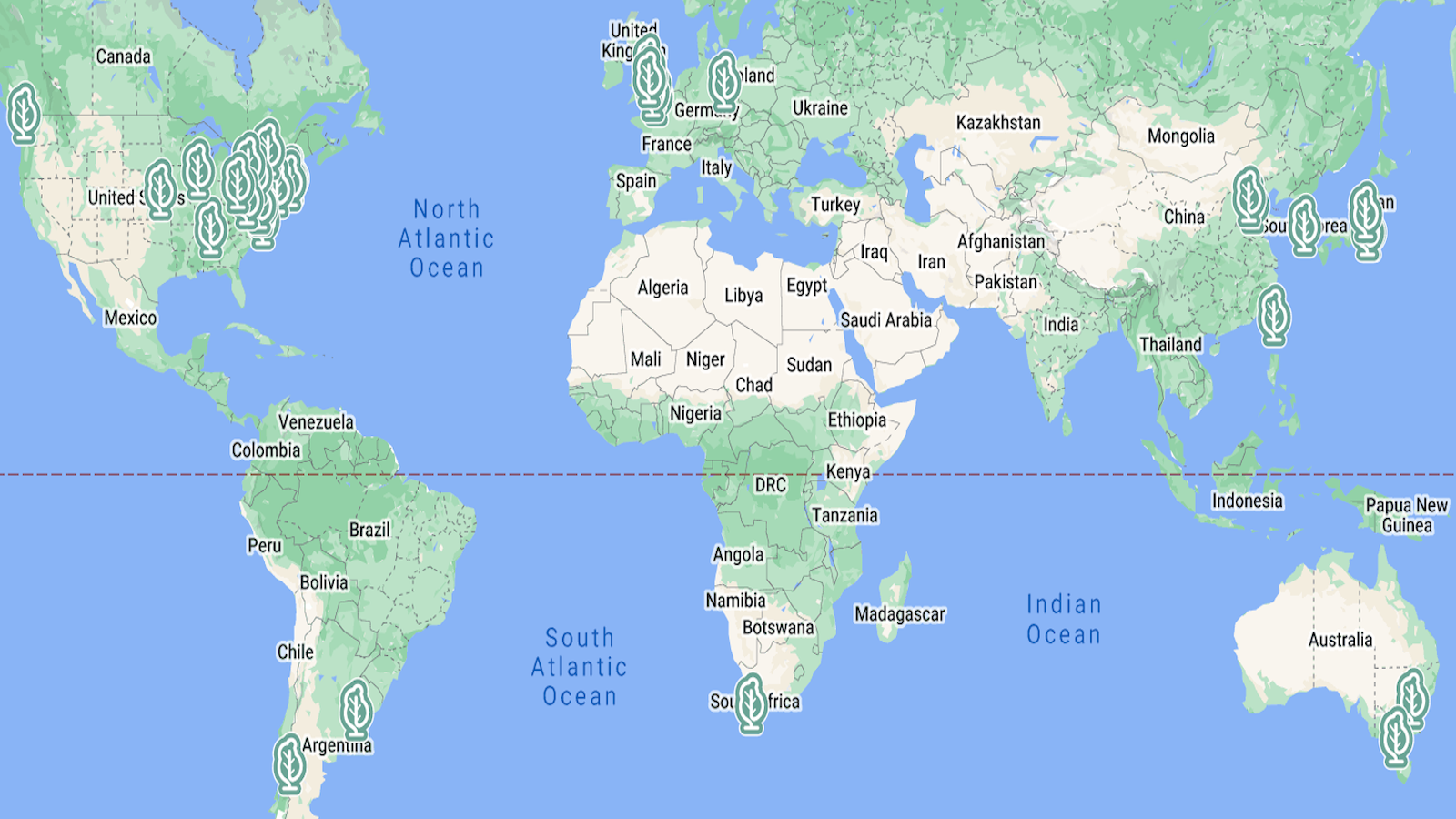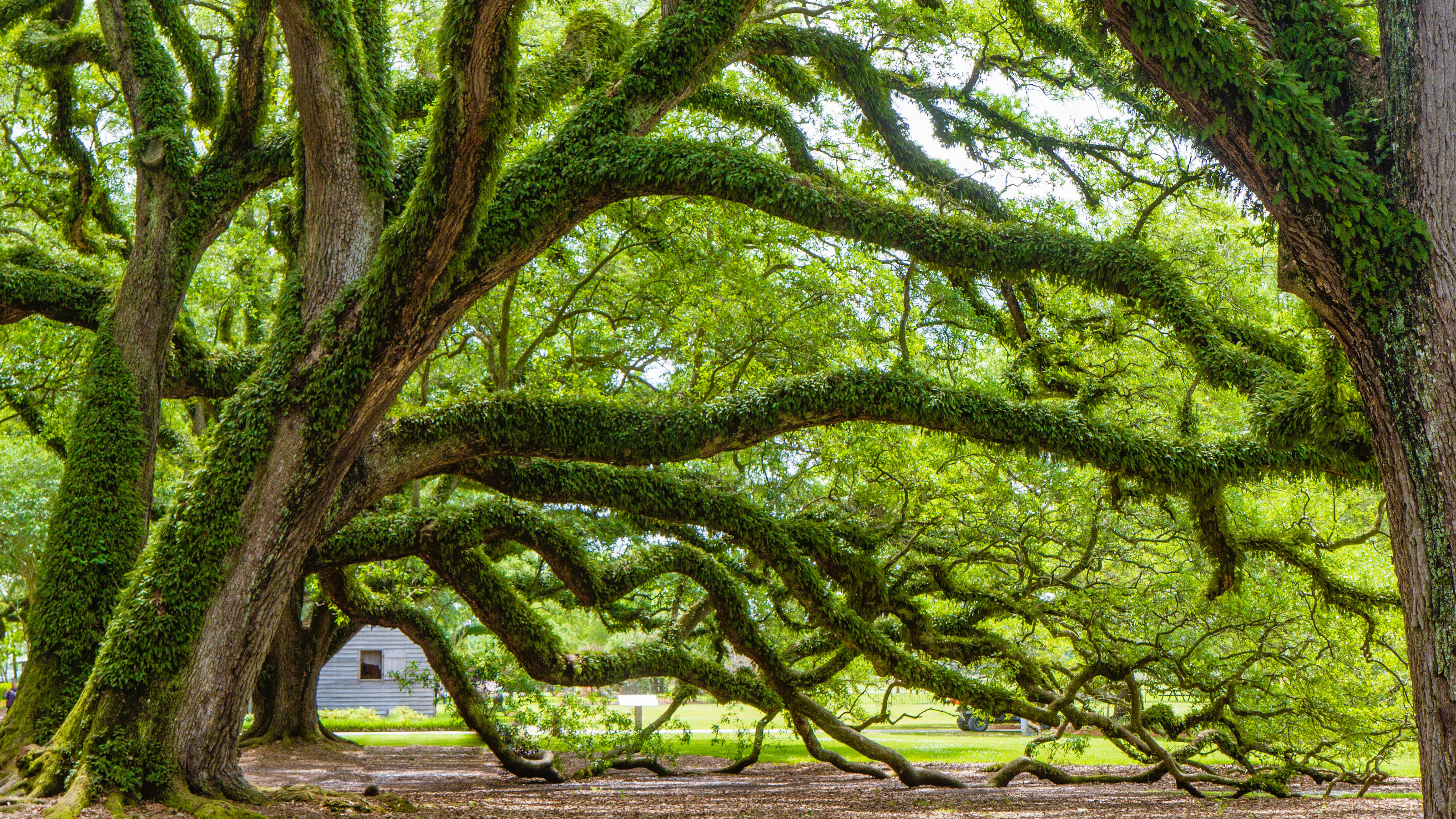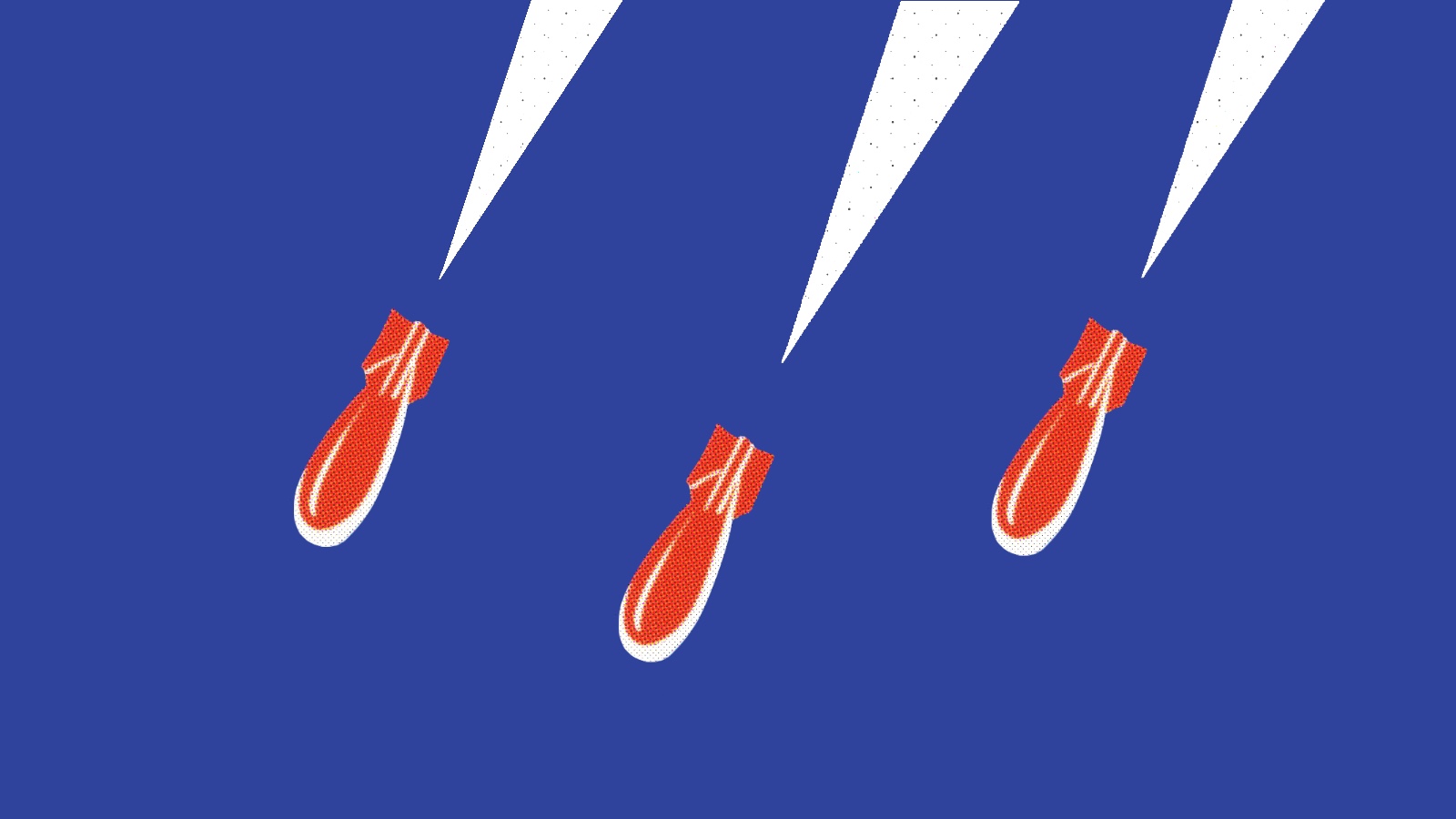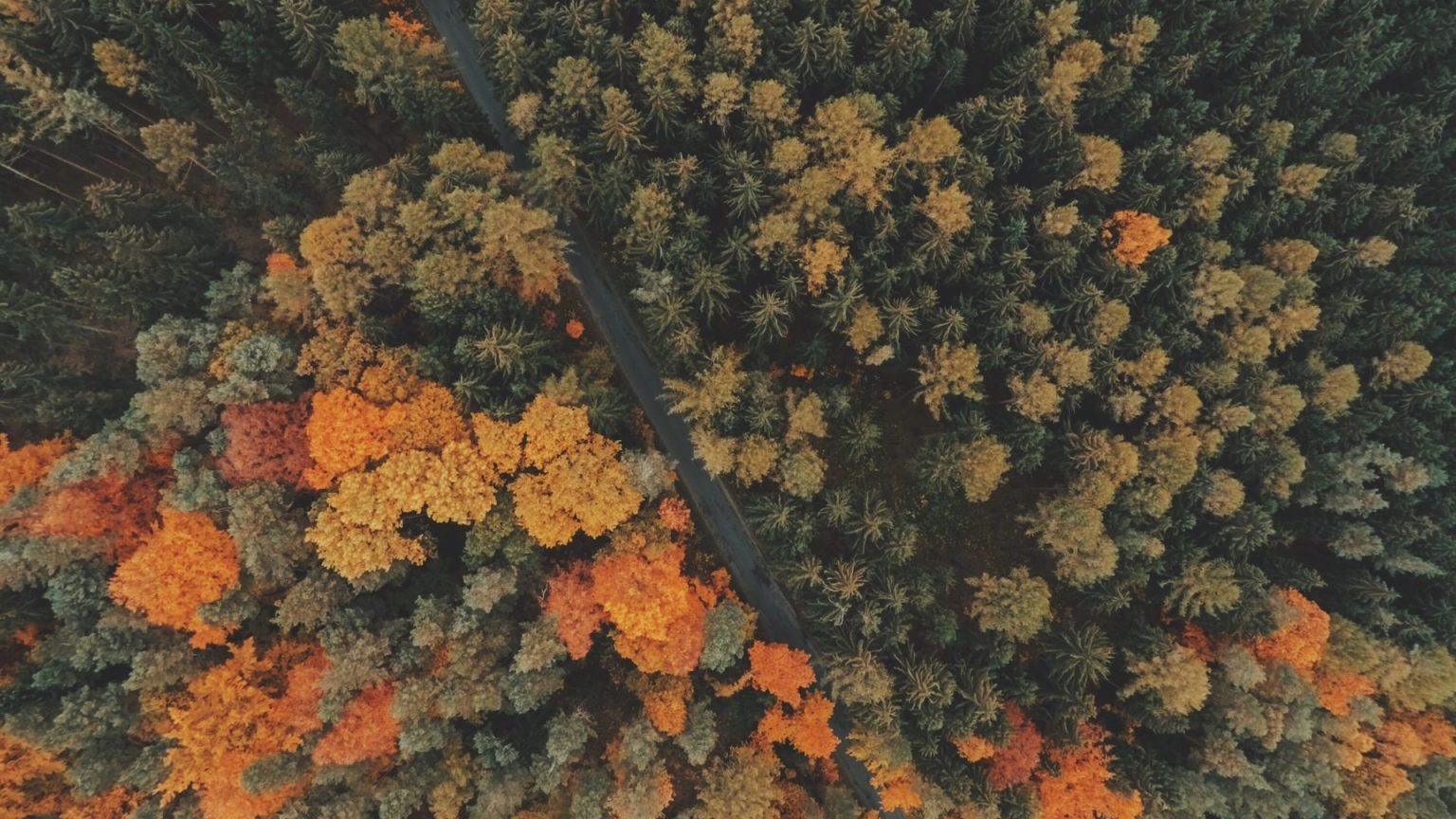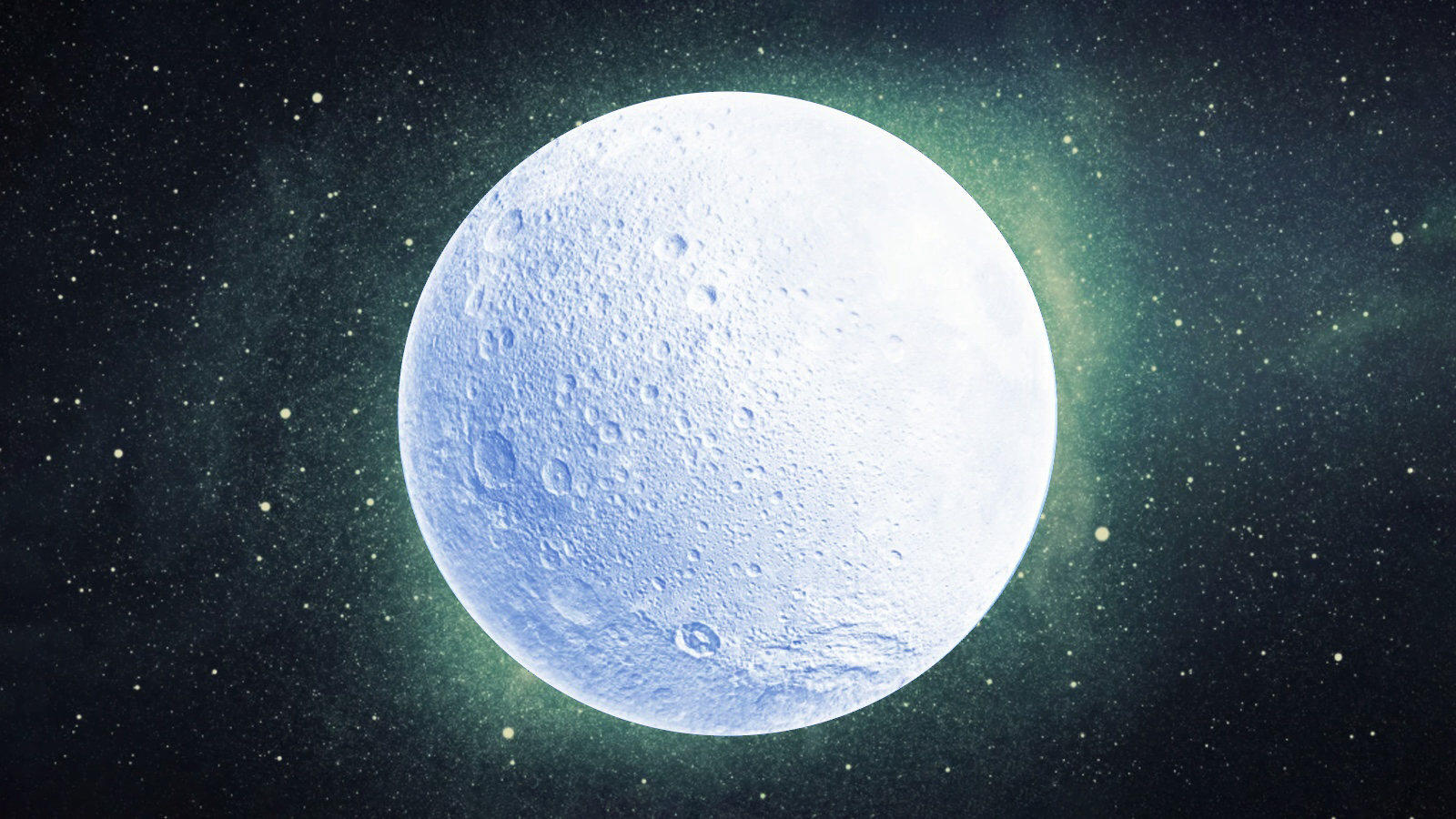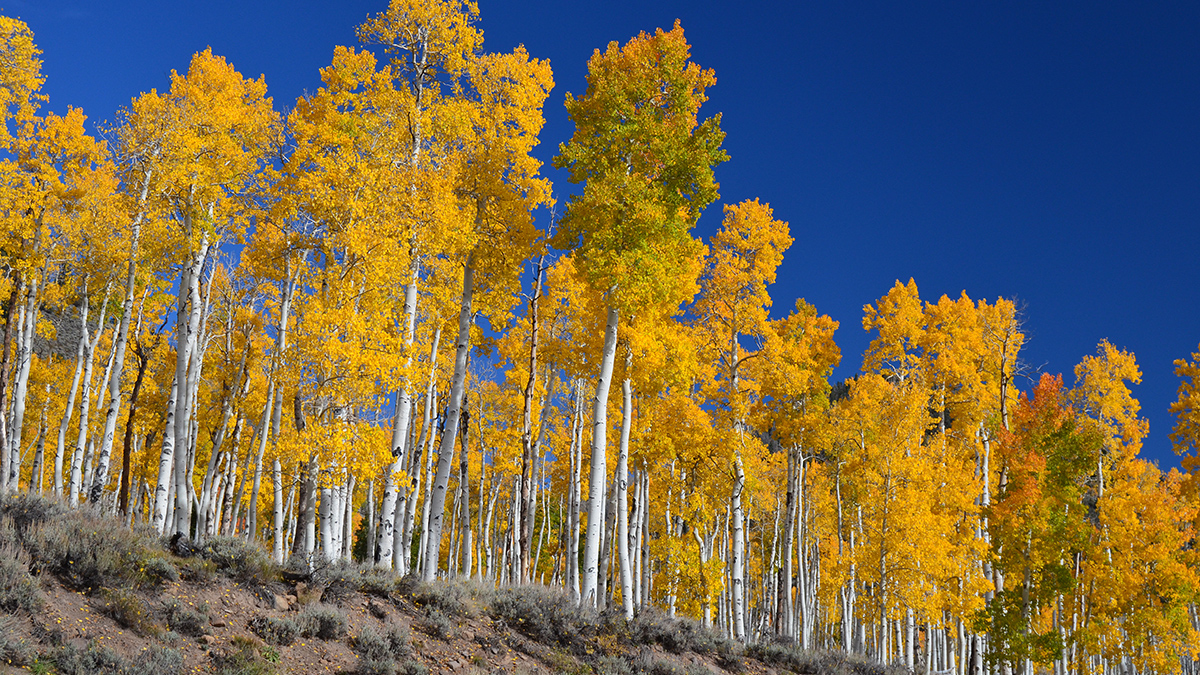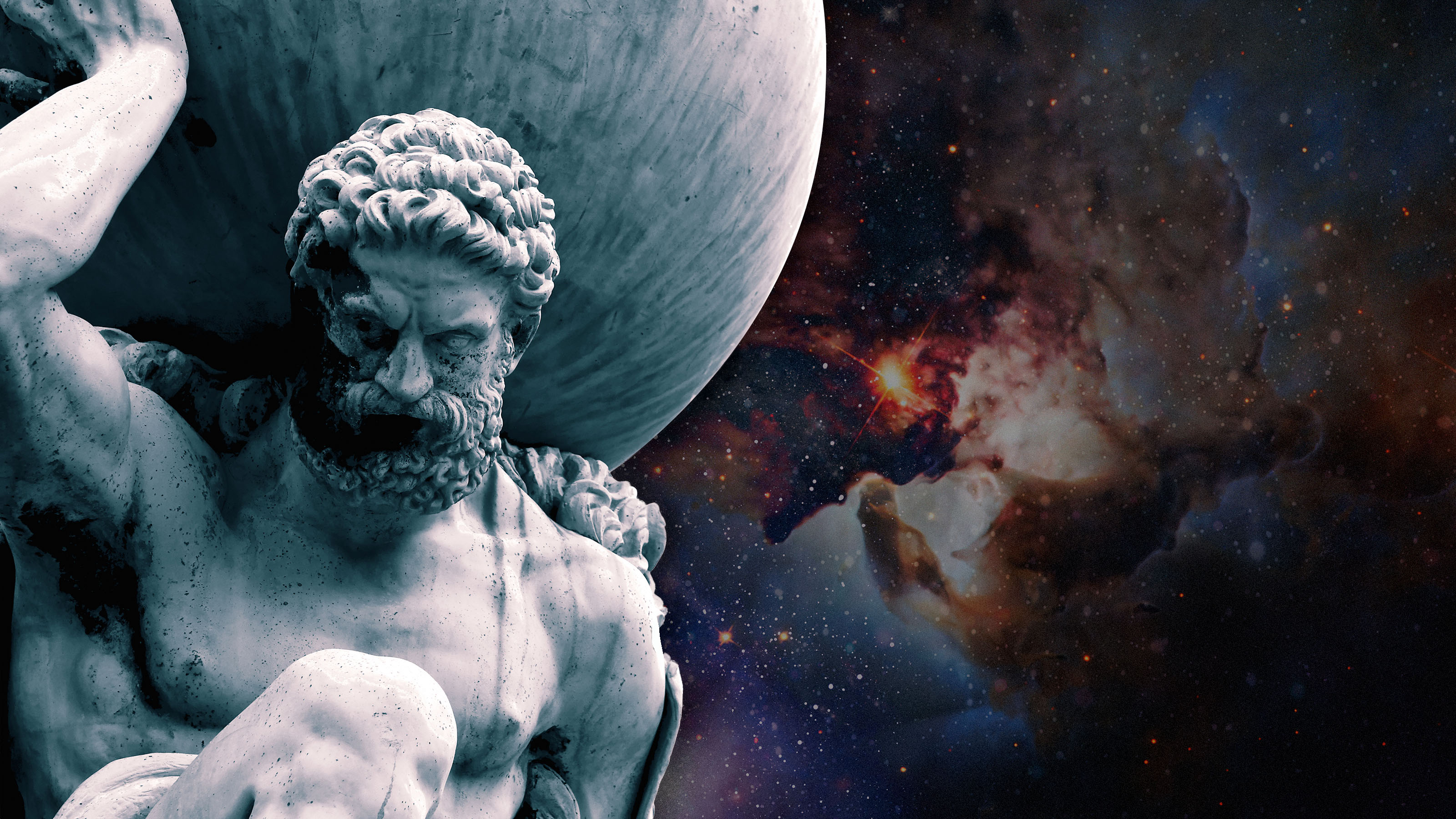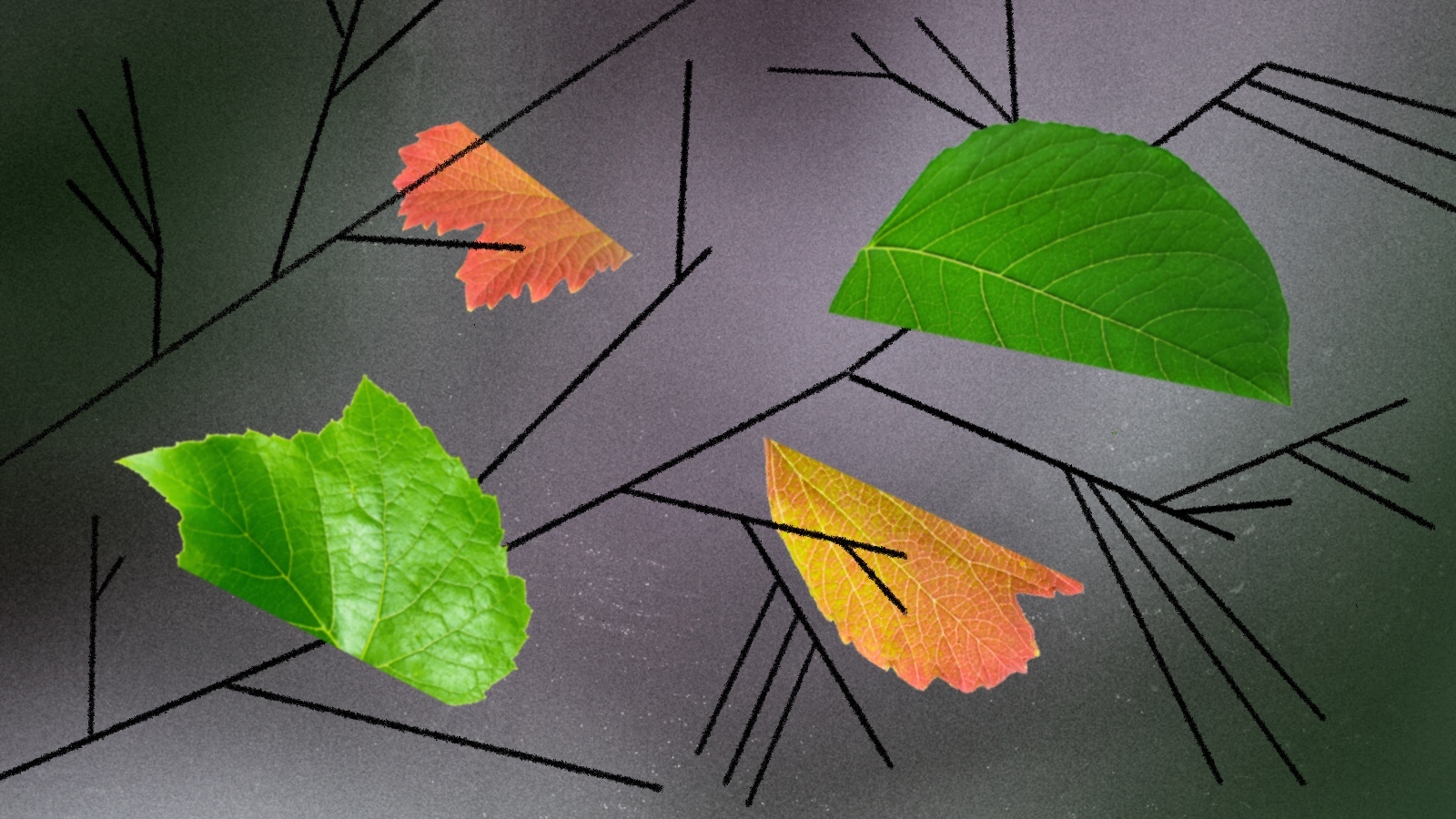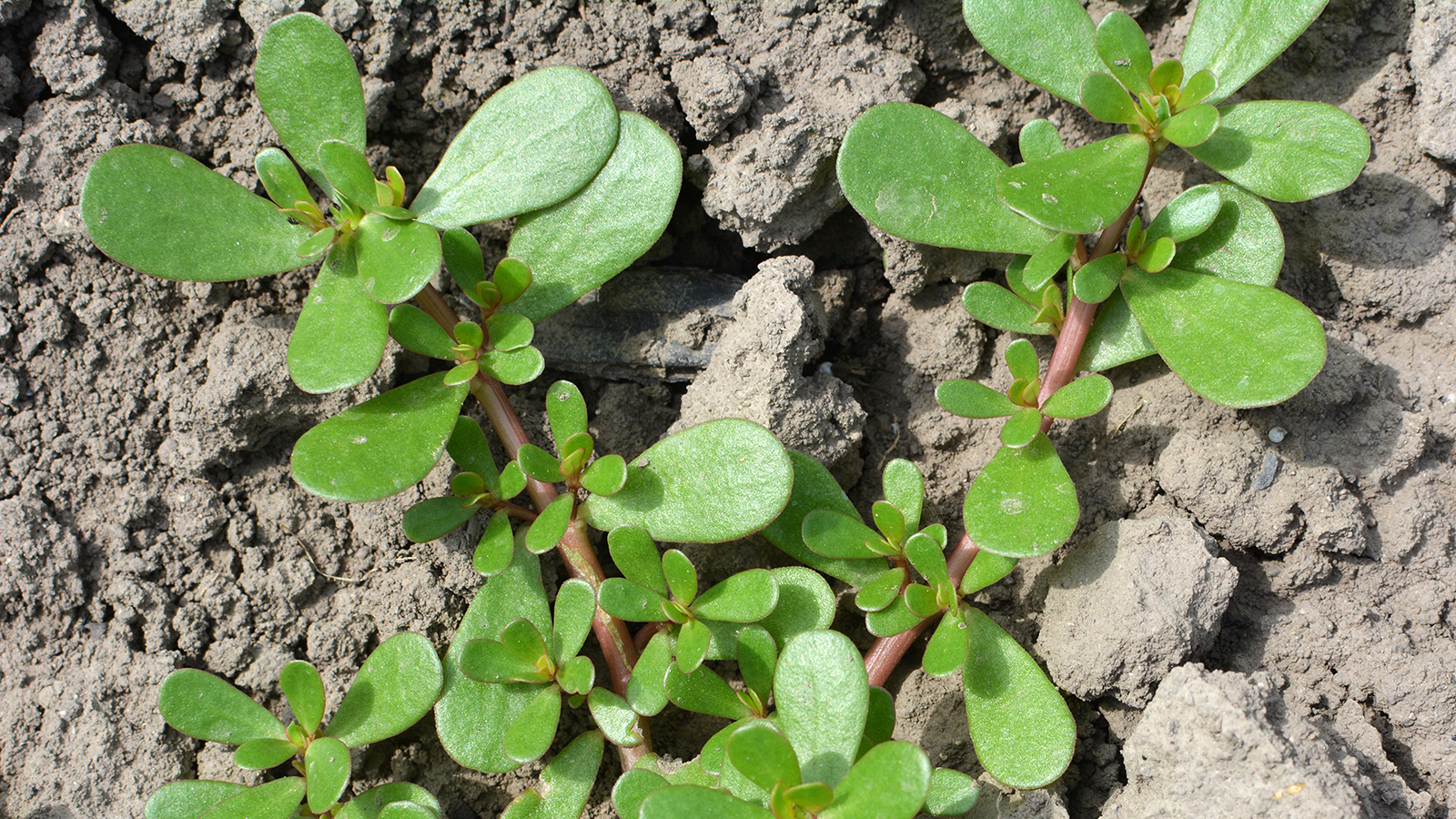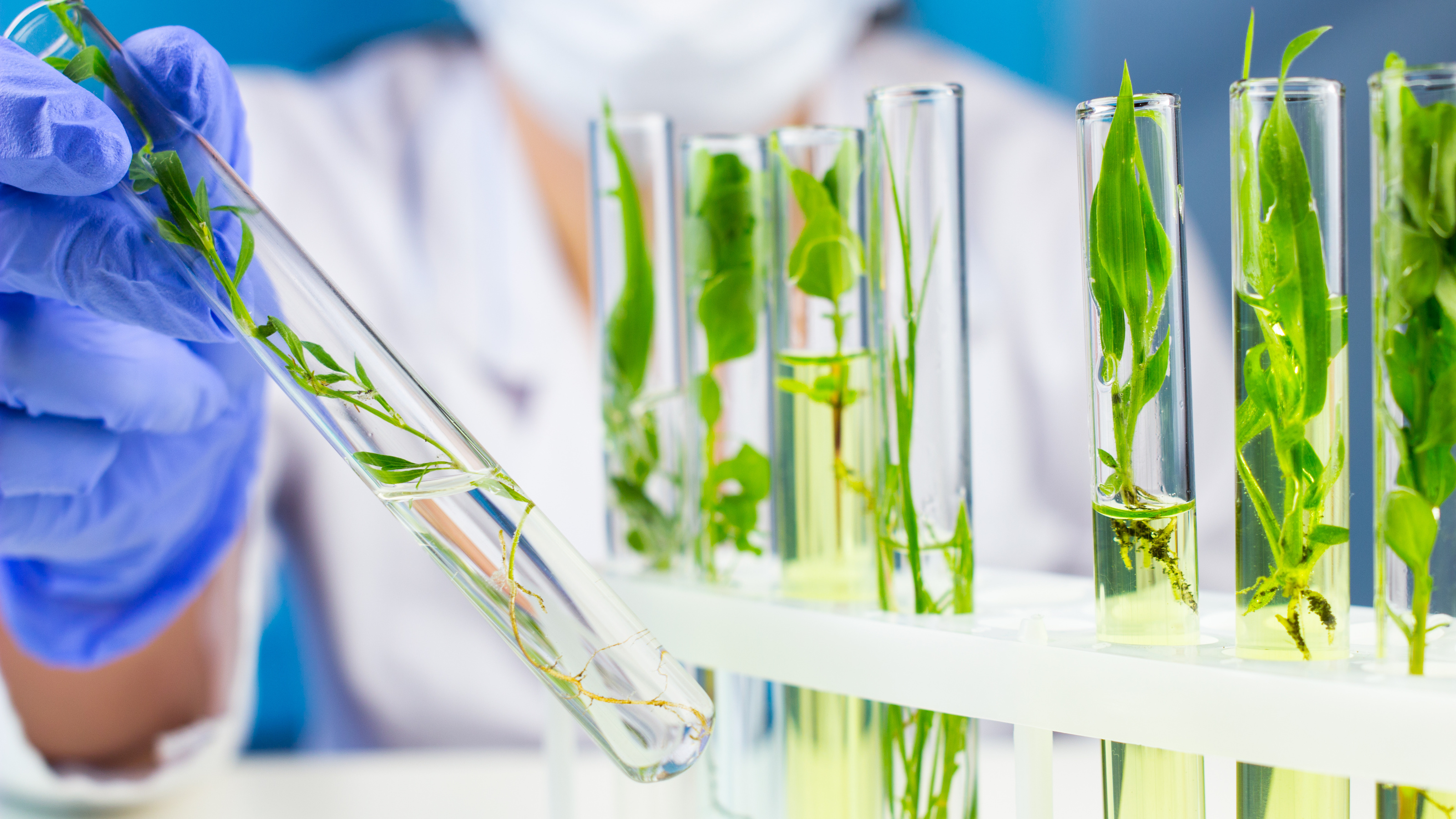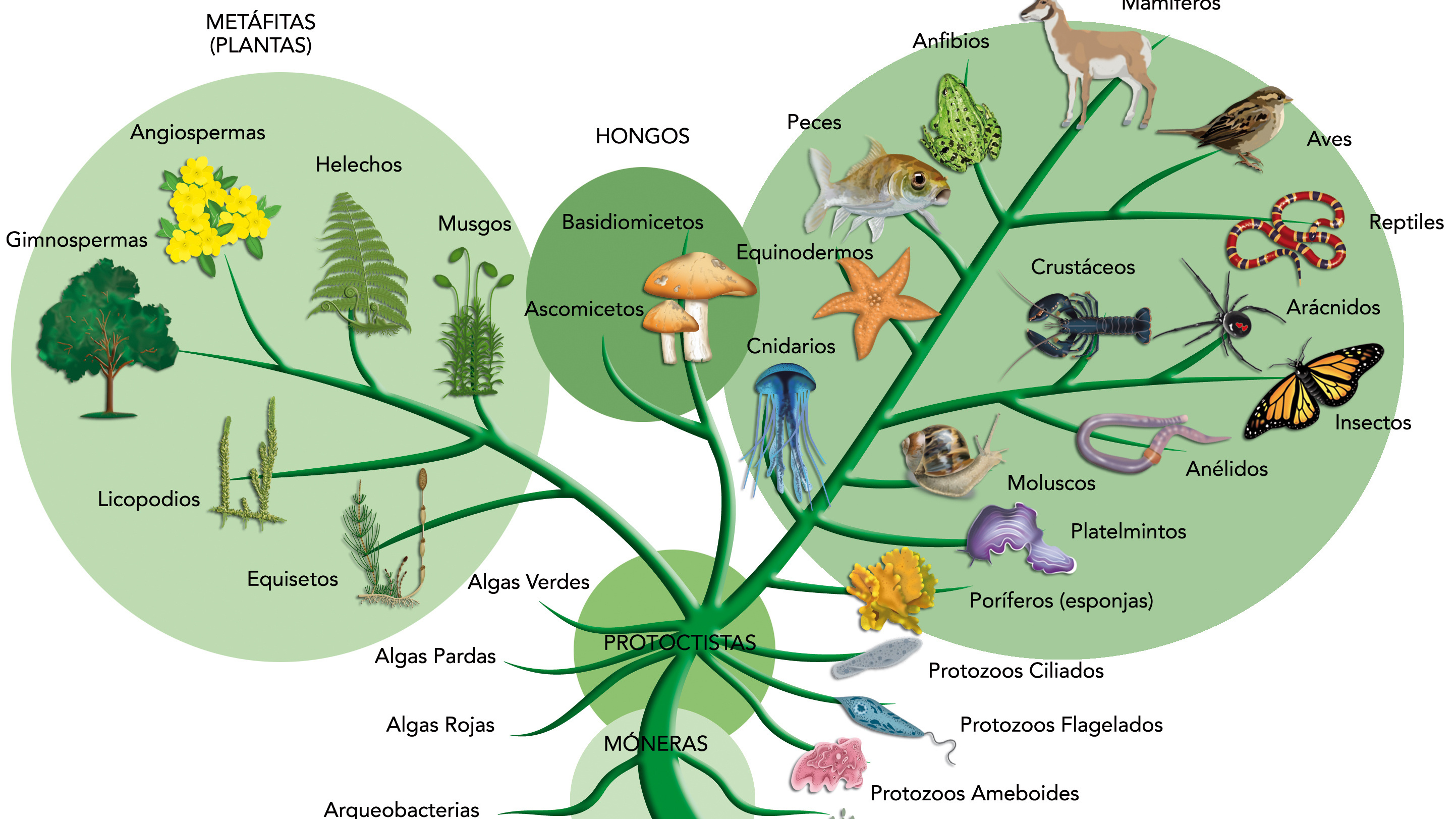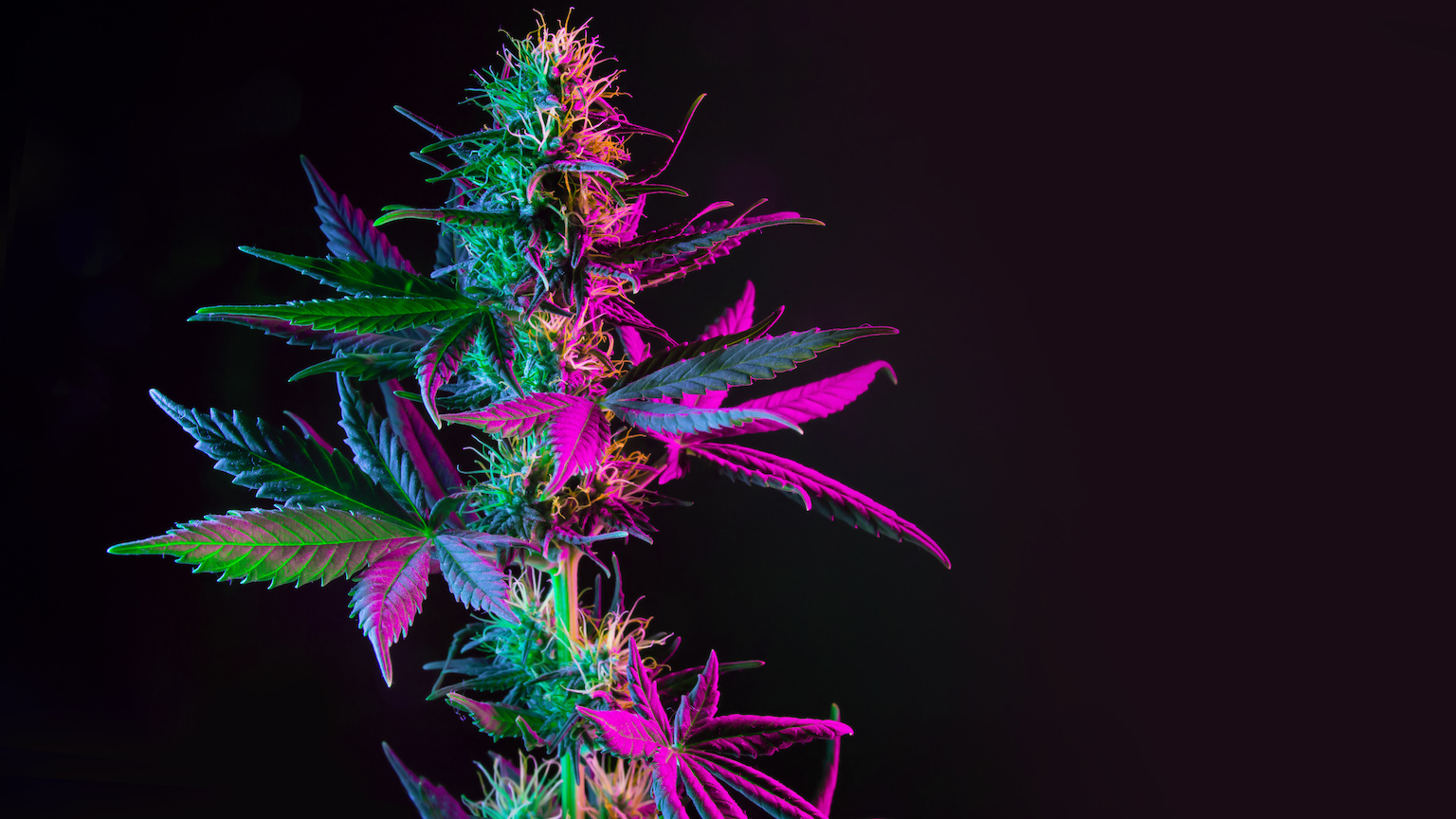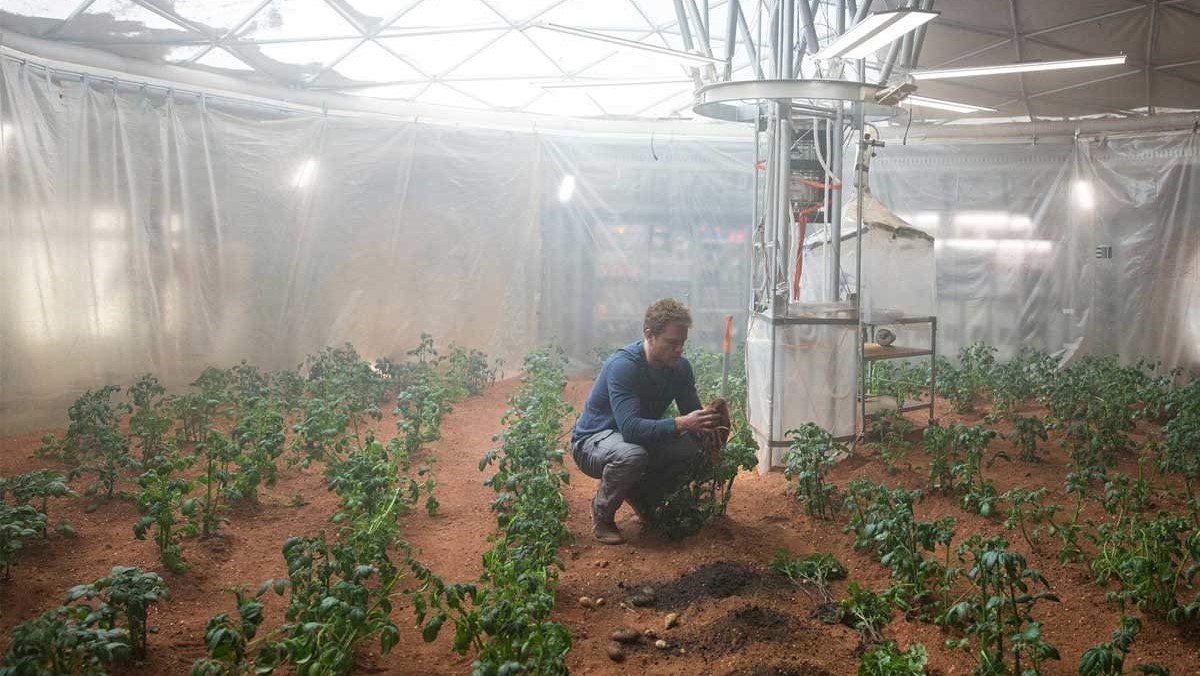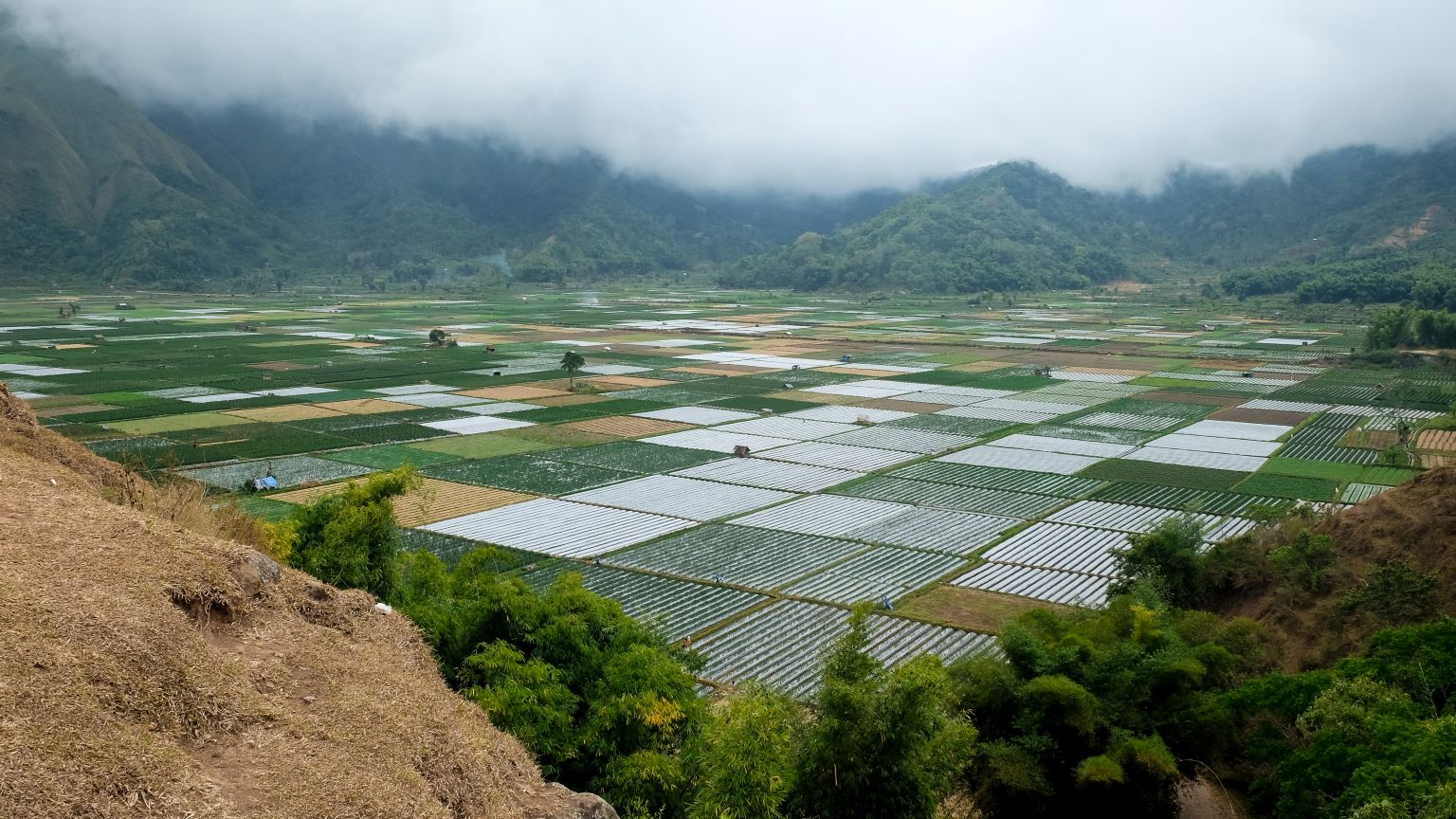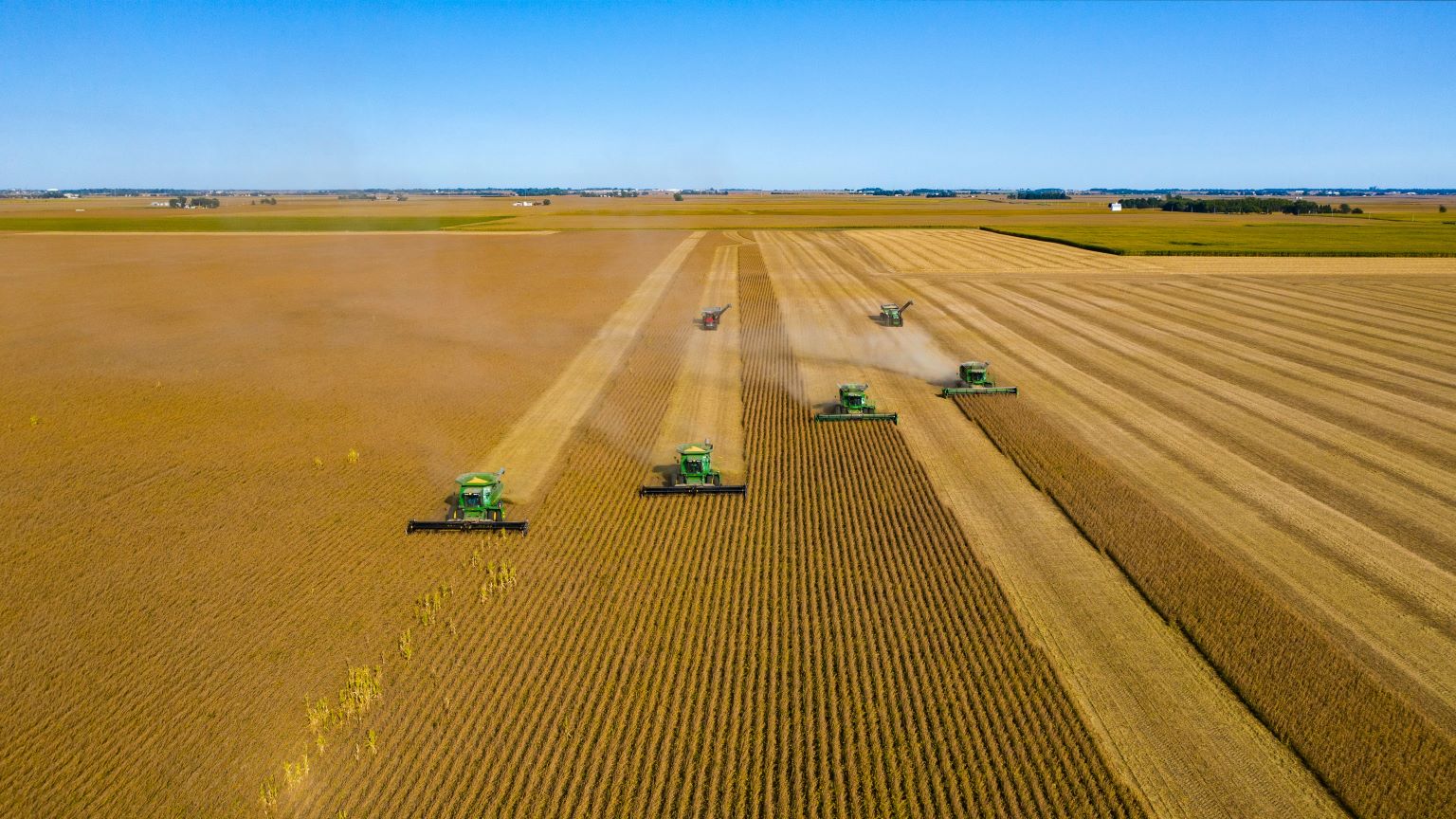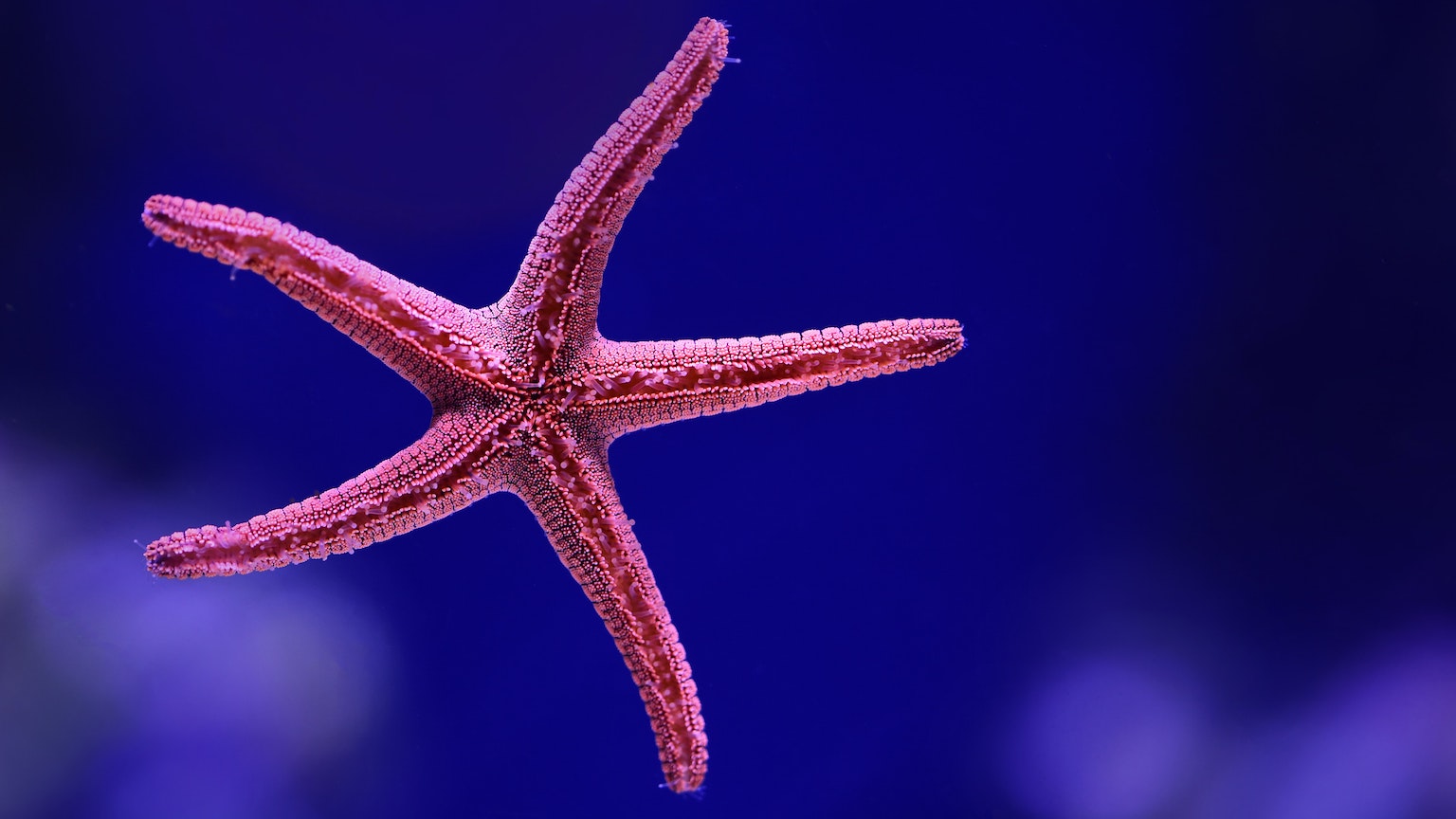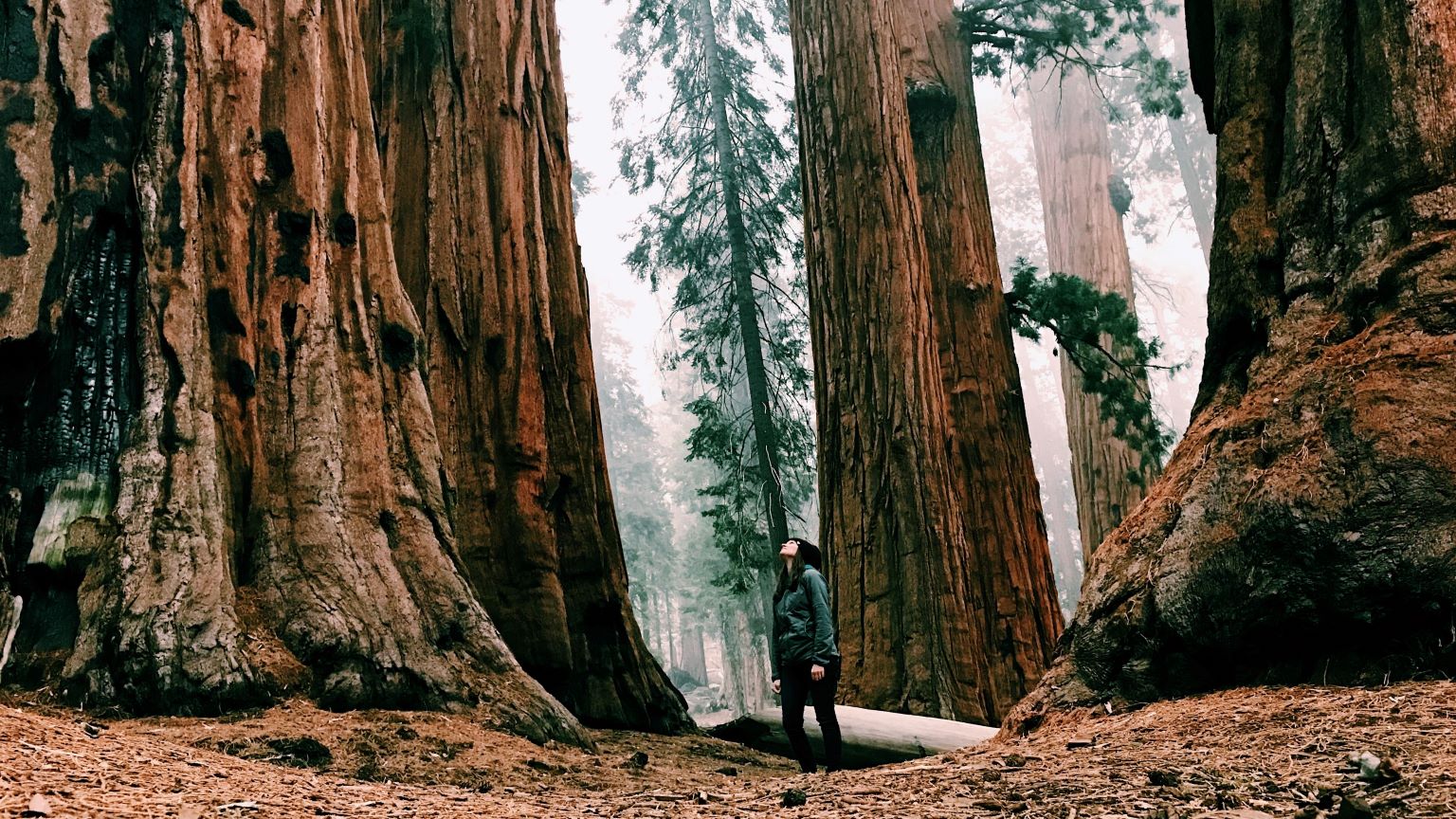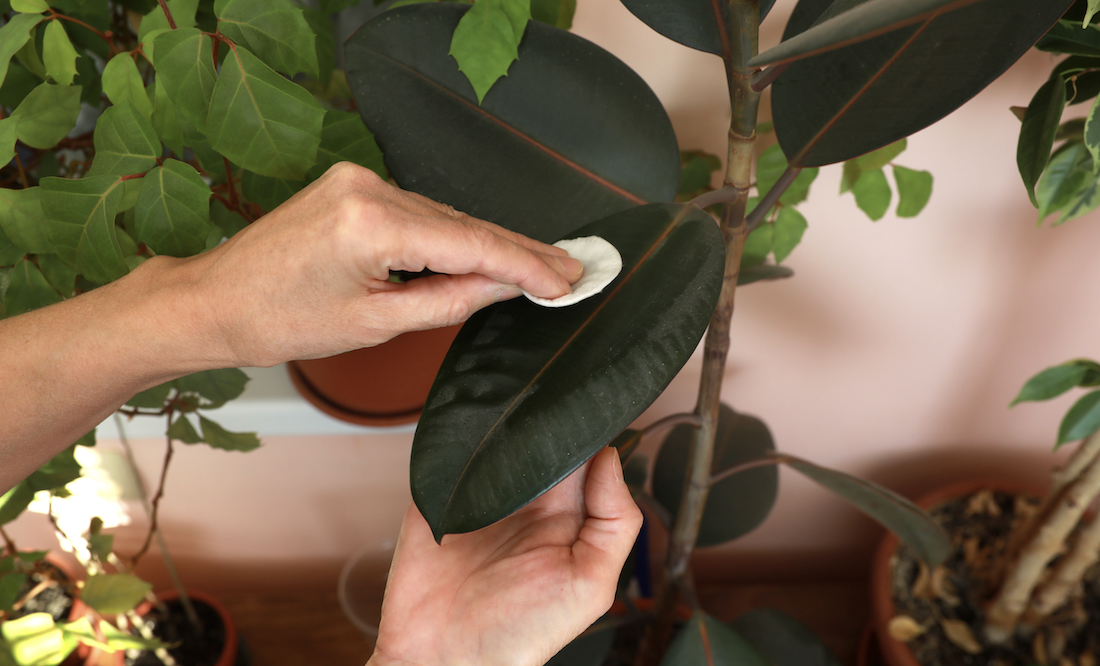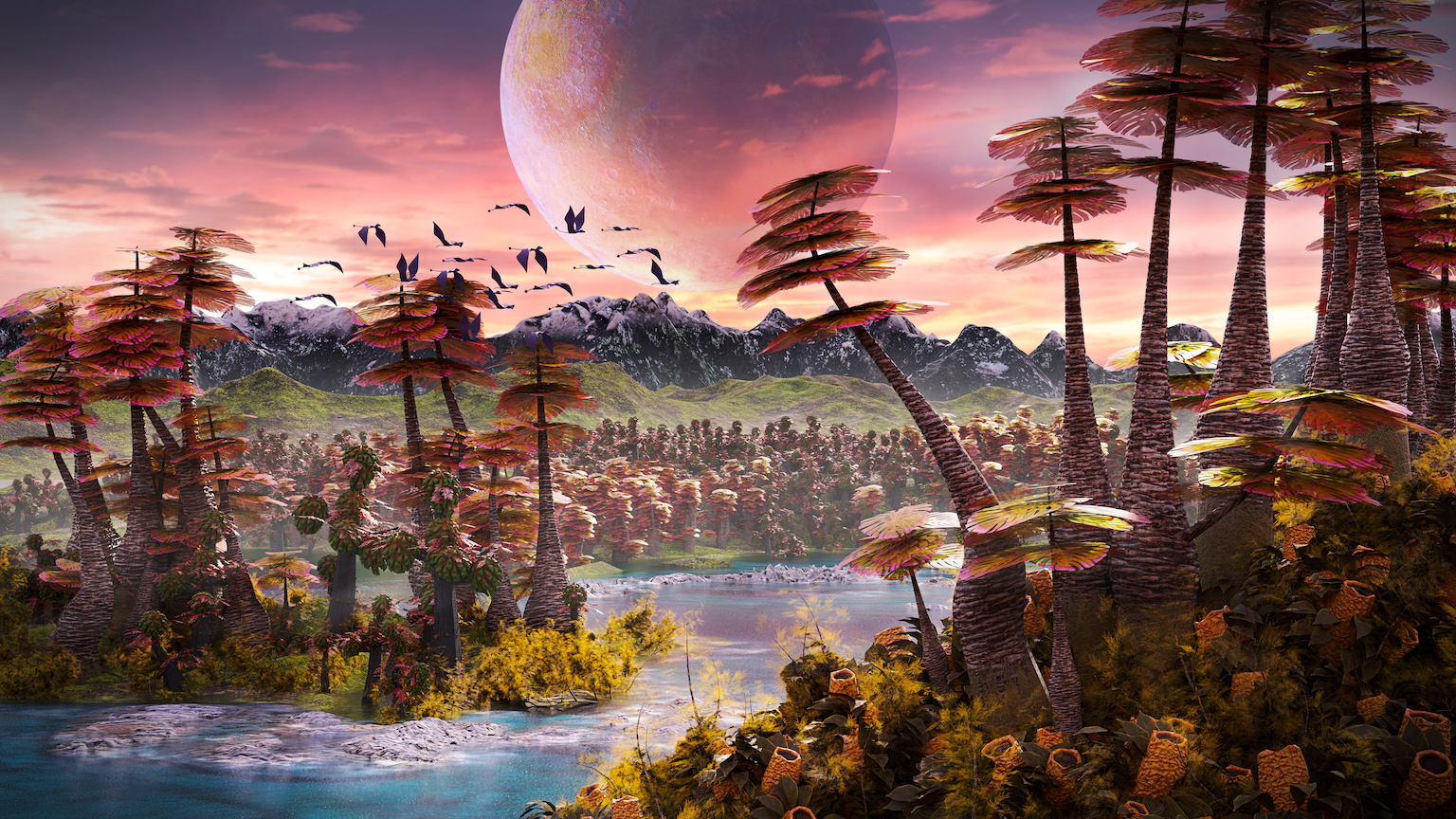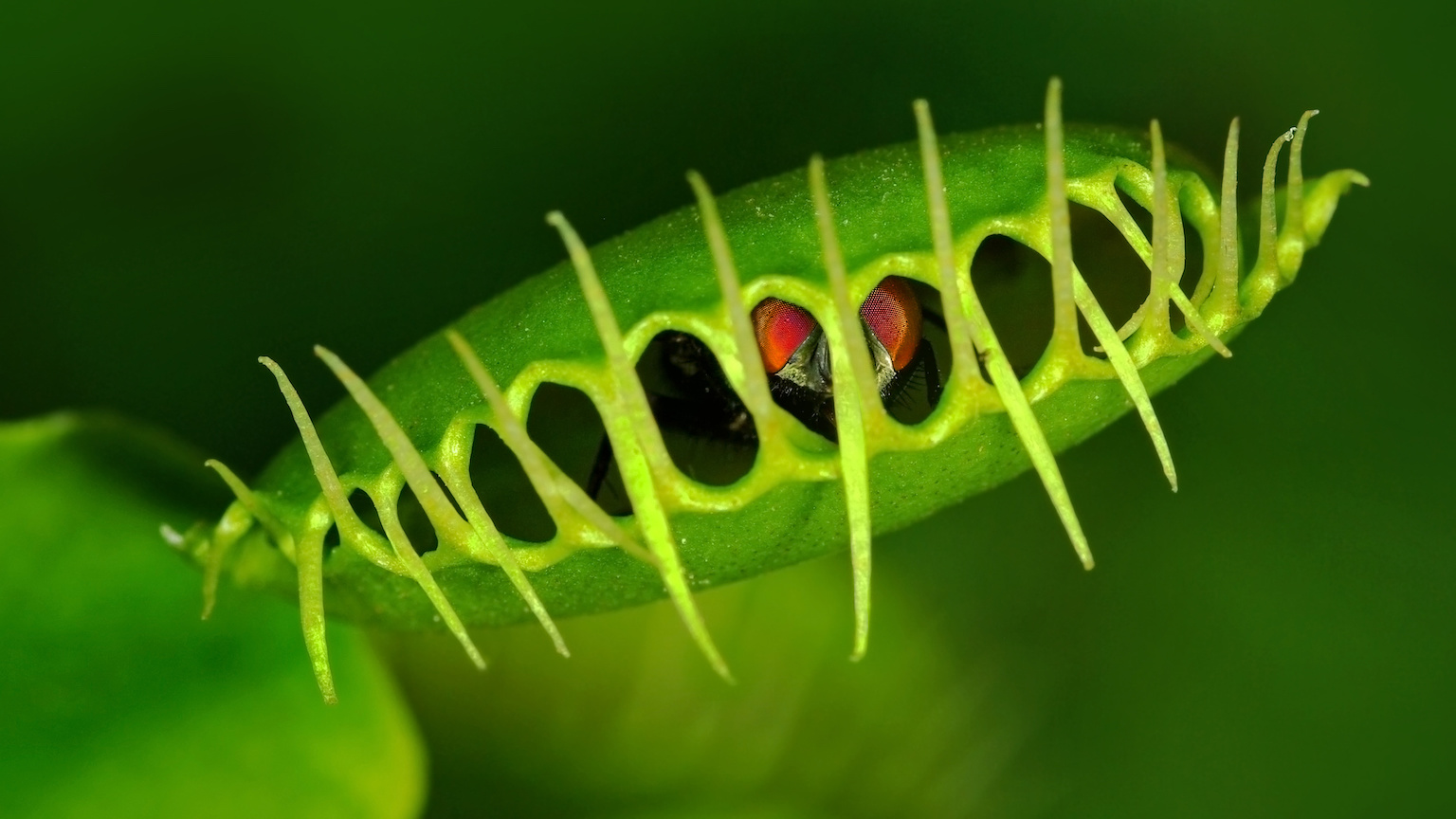plants
It’s sustainable, nutritious and delicious. Scientists need to ramp up efforts to meet this urgent need.
According to Peter Ward’s “Medea hypothesis,” photosynthesizing organisms regularly doom most life on Earth by over-consuming carbon dioxide.
Smoke taint from wildfires is gross, even to wine amateurs.
From synthetic biology to xenotransplantation, biotech will continue to march forward in 2023, in part powered by data and AI.
Goodbye, Arabica? Learn to love Liberica.
It’s an agricultural moonshot: Scientists hope to increase plant yields by hacking photosynthesis, the process that powers life on Earth.
A 19th-century surveying mistake kept lumberjacks away from what is now Minnesota’s largest patch of old-growth trees.
Its apples taste bad, but institutions all over the world want a descendant or clone of the tree, anyway.
We want to fight invasive species. But to wage a war, you have to know who your enemy is.
Overwintering is profoundly stressful for trees. So why do they bother?
Unfortunately, the Lunar Ark project is an idea more at home in science fiction than science fact.
Pando is a stand of aspen in Utah that is 14,000 years old and weighs 12 million pounds. Humans threaten to end its long reign.
Since our arrival, humans have driven a seven-fold drop in the mass of wild land mammals.
A common weed uses uncommon types of photosynthesis.
Photosynthesis is powerful but very inefficient. Humans can improve on this biochemical process to help the planet.
There are almost no standards governing the cannabis industry. Your favorite weed strain may contain unpleasant surprises.
Preventing scurvy is not just a problem in the Antarctic.
This marks a historic moment in humanity’s relationship to the planet.
Only 1% of corn grown is the U.S. is the type that people eat.
Some astrobiologists believe life is rare, while others believe it is common in the Universe. How can we find out which view is correct?
An effect called the “urban heat island” means that temperatures are often 10 degrees higher in cities, according to NASA.
Symmetrical objects are less complex than non-symmetrical ones. Perhaps evolution acts as an algorithm with a bias toward simplicity.
Two types of leaves for two different drastic weather conditions.
Plants are very sensitive to touch, with research showing that touching a plant can change its genome and launch a cascade of plant hormones.
Multiple lines of evidence — physical, chemical, and biological — must converge for scientists to conclude that alien life has been found.
Anesthesia causes animals and humans to lose consciousness. A study found it has a similar effect on Venus flytraps.
